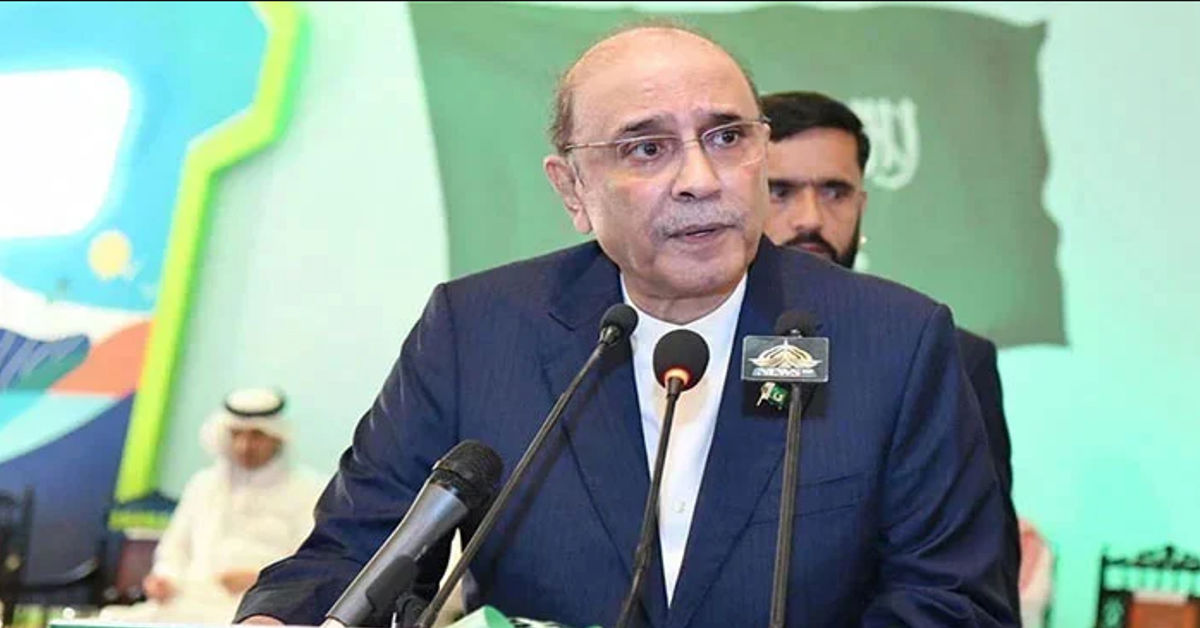
The government of Pakistan is again being pressed for time to take urgent action on structural reforms, notably the PIA privatization plan. Pakistan, in budget talks with the International Monetary Fund (IMF) for the financial year 2025-26, has agreed to hasten the privatization of the loss-making state-owned firms. Foremost among them is Pakistan International Airlines (PIA), a state-owned airline grappling with debt, inefficiency and ballooning losses. This measure, while controversial, is seen as necessary in order to secure the next tranche of the IMF’s $7bn loan programme and stabilize the economy.
Historical Background
Once considered one of Asia’s premier airlines, PIA has been in decline for decades. In the 1960s and ’70s, PIA was celebrated for its great service and aviation innovations. But years of political meddling, managerial incompetence and outdated practices have eroded the carrier’s competitive edge. Today, the company is laden with billions of dollars of debt, antiquated aircraft and a reputation for being inefficient. Privatization has often been suggested in the past, but political opposition and the absence of investor confidence blocked moves to do so.
IMF’s Role in Speeding up Reform
Pakistan’s fiscal deficit and economic sustainability are focusing on sweeping changes in public sector enterprises on the IMF-supported current fiscal programme. As per ARY News, talks between Pakistan and the IMF have entered into the last stage, focussing on selling off public sector entities and right sizing of state entities. In this background, PIA privatization has become 15 a major point of attention. In turn, the government has pledged to conclude the rightsizing of PIA by December 2025 and resolve impediments such as the airline’s tax liabilities and negative equity to attract potential investors.
Hurdles Along the Path to a Privatized Space Industry
Numerous obstacles, though, still hinder the road to privatization, despite official re-assurances that all is well in that regard. The financial precariousness of the airline, as well as resistance from labor unions, and the maze of legal complexities, make the airline a tough asset to unload. Furthermore, unpaid loans, legacy liabilities and an aging fleet all contribute to a lack of investor appetite. The government has been trying to fix PIA’s balance sheet and clean its financial books, but those efforts need to amount to something if the privatization plan is to move anywhere by the end of 2025.
Government Policies on Counter measures to Barriers
To meet the challenges related to PIA’s sale, the government has adopted a multi-dimensional strategy. This involves differentiating between ‘core’ and ‘non-core’ assets, resolving historic tax cases and engaging with international advisers to increase transparency. The Privatization Commission of Pakistan has also established a comprehensive schedule, which encompasses investor roadshows, regulatory/supreme court changes and ultimately legal cover for potential investors. These steps are intended to help private buyers find the airline attractive and to bring the process in line with international practices.
The Economics of Privatization
The economic rationale for reform is strong. Loss-making state-owned firms such as PIA are a chronic drain on the public purse, leaving less money for health, education and infrastructure. Launching a process of PIA privatization that can help bring down the budget deficit and could ultimately promote private sector-led growth. There are also institutional aspects that private ownership may bring along with a management discipline. Efficiency and incentive to innovate that is often sadly lacking in public firms. Given the wider state of Pakistan’s economy, still fighting to pull itself back from the edge. This could serve as a springboard for more fundamental structural reforms.
Reactions and Political Consequences
There is still a divide over considering privatization of PIA if we talk about the public’s opinion of it. For some, it is the right medicine to save the airline from collapse, others see it as a humiliating blow to national pride that will lead to huge job losses. Moves like these have long faced opposition from political parties, particularly those close to the labor unions. But faced with a weakening economy and a tough message from the IMF. A political consensus is beginning to emerge in favor of change. Clear messaging from the government will be “vital” to engaging the public and silencing critics, she adds.
Lessons and Precedents for Pakistan and other Countries
A lot of countries have privatized their national carriers successfully and there is much to be learned from them for Pakistan. British Airways, Lufthansa and Air France were privatized during the late 20th century improving services quality, profitability, and competitiveness. Pakistan should learn from them by ensuring regulatory autonomy. Competitive conditions and not allowing a single entity to turn itself a monopoly after privatisation. A transparent, merit-based system will also be vital in guarding against corruption and in ensuring that the process results in the broader economy also benefiting.
PIA and Future of Pakistani Aviation
The fate of both PIA and Pakistan’s aviation industry very much hinges on the success of the privatization. If done right, it could revive not only the airline. But also draw additional foreign investment into the country’s infrastructure and transportation industries. The government has said the sale should be finalised by the end of 2025, with preparatory work already being done. But whether this reform is to be sustainable will depend on sustained political will, institutional backing, and investor trust.
Conclusion
Unfortunately, it’s more than an airline sale It’s a litmus test of whether Pakistan is serious about reform and economic discipline. The IMF stressing over speedy PIA privatization under the $7 billion loan program is a sense of the seriousness. If it works, this could cut down on financial waste, jump-start the private sector and restore investor confidence. That could make the economic troubles worse, and put international support at risk, if the leaders fail to deliver. Time is running out and Pakistan needs to act decisively.




































